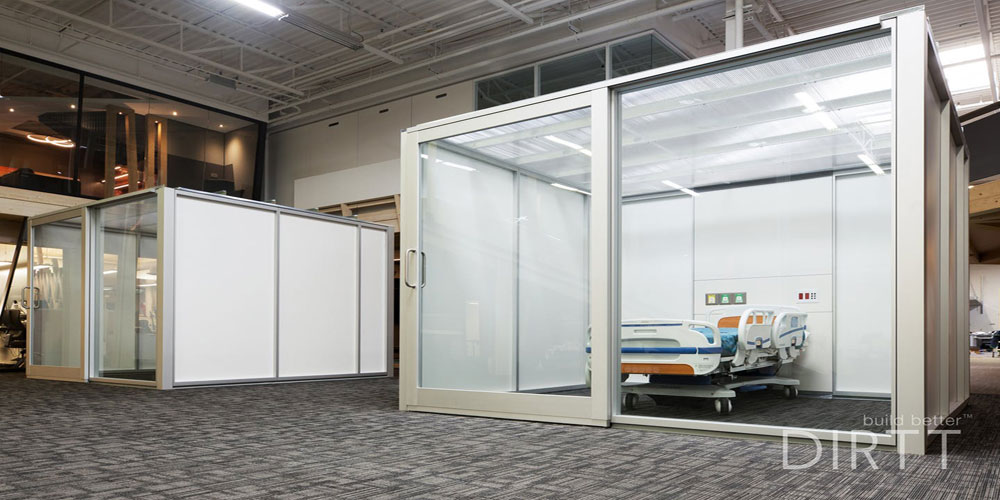
Transform Your Space with Made to Measure Plantation Shutters
Made to Measure Plantation Shutters
Plantation shutters are not just window coverings; they are a timeless addition to any home that brings style, sophistication, and functionality. Made to measure plantation shutters take this classic window treatment to a whole new level, offering customization to perfectly fit any window size or shape. Whether you’re looking to enhance the aesthetic appeal of your home, increase privacy, or control light and airflow, made to measure plantation shutters provide a versatile solution that can elevate the ambiance of any room.

The Timeless Elegance of Plantation Shutters
Plantation shutters have a rich history dating back to the 18th century when they were first introduced in the grand plantation homes of the American South. Originally designed to offer protection from the sun and provide ventilation in the hot, humid climate, these shutters quickly became synonymous with elegance and luxury.
Unlike traditional blinds or curtains, plantation shutters feature wide louvers that can be easily adjusted to control light and airflow. This versatility allows homeowners to customize their environment according to their preferences, whether they want to let in natural light, maintain privacy, or block out unwanted noise.
Customization for Every Space
One of the most significant advantages of made to measure plantation shutters is their ability to be tailored to fit any window size or shape. Whether you have standard rectangular windows, arched windows, bay windows, or even uniquely shaped porthole windows, made to measure shutters can be crafted to seamlessly integrate with your space.
The customization options extend beyond just the size and shape of the shutters. Homeowners can choose from a variety of materials, including wood, vinyl, or composite, each offering its own unique benefits and aesthetic appeal. Wood shutters, for example, provide a warm and natural look, while vinyl or composite shutters offer durability and resistance to moisture, making them ideal for high-humidity areas such as bathrooms or kitchens.
Enhancing Your Home’s Aesthetic Appeal
Made to measure plantation shutters are more than just a practical window covering; they are a design element that can enhance the aesthetic appeal of any room. With a wide range of colors, finishes, and styles to choose from, homeowners can customize their shutters to complement their existing decor and architectural style.
For a classic, timeless look, opt for traditional white or off-white shutters that evoke the charm of a coastal cottage or Southern plantation home. For a more contemporary feel, choose sleek black or espresso-colored shutters that add a touch of modern sophistication to any space. With made to measure plantation shutters, the design possibilities are endless, allowing you to create a look that is uniquely yours.
Versatile Light and Privacy Control
One of the primary benefits of plantation shutters is their ability to provide versatile light and privacy control. The adjustable louvers allow you to easily regulate the amount of sunlight entering the room, reducing glare and protecting your furniture and flooring from harmful UV rays.
Additionally, plantation shutters offer superior privacy compared to other window coverings. By simply adjusting the angle of the louvers, you can obscure the view from the outside while still allowing light to filter into the room. This makes plantation shutters an ideal choice for bedrooms, bathrooms, or any room where privacy is a priority.
Improved Energy Efficiency
In addition to their aesthetic and functional benefits, made to measure plantation shutters can also improve the energy efficiency of your home. By providing an additional layer of insulation, shutters help to reduce heat transfer through windows, keeping your home cooler in the summer and warmer in the winter.
This not only enhances the comfort of your living space but can also lead to significant cost savings on your energy bills. With rising energy costs and growing concerns about environmental sustainability, investing in energy-efficient home improvements like plantation shutters is not only a smart financial decision but also a responsible choice for the planet.
Durability and Longevity
Another advantage of made to measure plantation shutters is their durability and longevity. Unlike curtains or blinds that can become worn, faded, or damaged over time, quality shutters are built to last for years to come. With proper care and maintenance, plantation shutters can withstand the test of time, making them a wise investment for homeowners looking to add value to their property.
Whether you choose wood, vinyl, or composite shutters, you can rest assured that your investment will continue to enhance the beauty and functionality of your home for years to come. With their timeless appeal and durable construction, plantation shutters are a versatile window treatment that adds both style and substance to any space.
Professional Installation for Peace of Mind
While some homeowners may be tempted to tackle the installation of plantation shutters themselves, it’s often best to leave this task to the professionals. Professional installation ensures that your shutters are properly fitted and securely mounted, maximizing their effectiveness and longevity.
Additionally, many reputable shutter companies offer warranties on their products and installation services, providing you with peace of mind knowing that your investment is protected. By choosing professional installation, you can enjoy all the benefits of made to measure plantation shutters without the hassle or stress of DIY installation.
Made to Measure Plantation Shutters
Made to measure plantation shutters offer a perfect blend of style, functionality, and versatility, making them an ideal choice for homeowners looking to enhance the beauty and comfort of their living space. With their timeless elegance, customizable design options, and practical benefits such as light control, privacy, and energy efficiency, plantation shutters are a smart investment that adds long-term value to any home.
Whether you’re renovating your existing space or building your dream home from scratch, consider the transformative power of made to measure plantation shutters. With their ability to seamlessly integrate with any architectural style and enhance the ambiance of any room, plantation shutters are truly a window treatment that stands the test of time.










